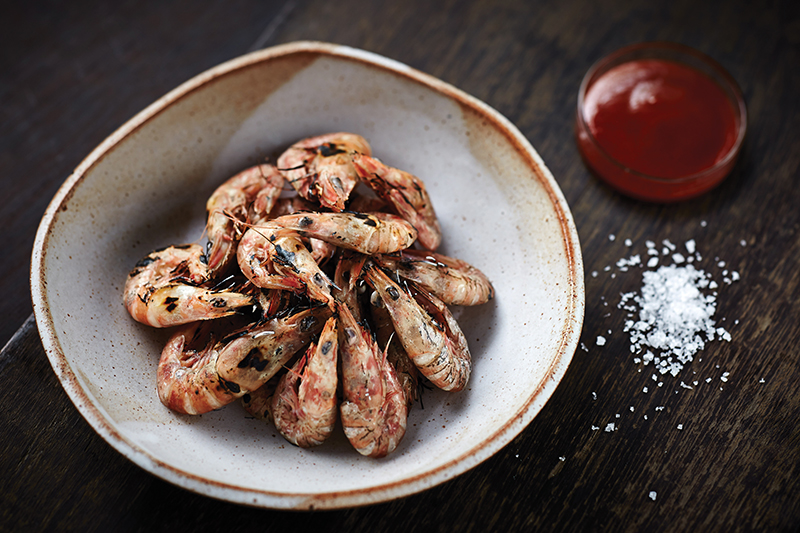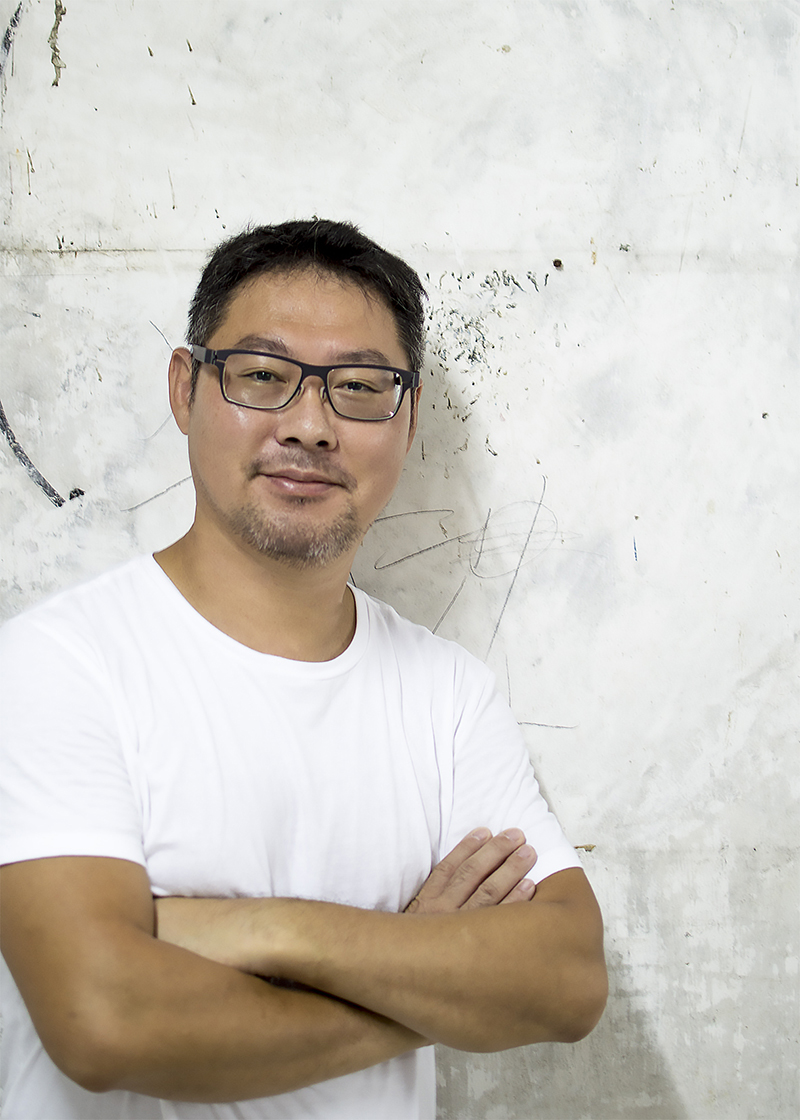 When it comes to sustainable seafood, catches from places like Alaska or New Zealand usually first spring to mind. But what about fish from a little closer to home? Sai Ying Pun’s Fish School is all about showcasing the best catches from local small-scale fishermen, but using western – rather than traditional Cantonese – cooking techniques. Chef and owner David Lai tells us about how sustainability begins at home.
When it comes to sustainable seafood, catches from places like Alaska or New Zealand usually first spring to mind. But what about fish from a little closer to home? Sai Ying Pun’s Fish School is all about showcasing the best catches from local small-scale fishermen, but using western – rather than traditional Cantonese – cooking techniques. Chef and owner David Lai tells us about how sustainability begins at home.
Why did you set up Fish School?
Seafood in Hong Kong has such a rich context but the story is told almost exclusively through Cantonese cuisine. We want to pay homage to these amazing local ingredients from a different perspective.
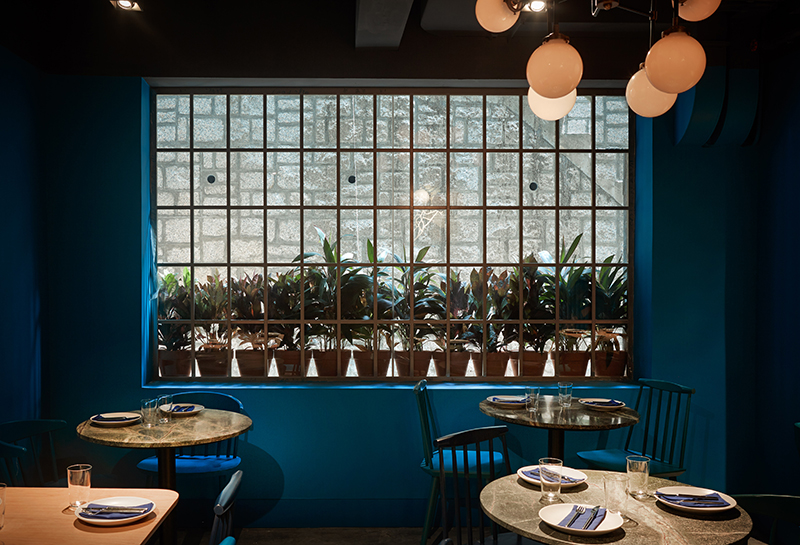
What are some of the biggest misconceptions about locally sourced seafood?
One of the biggest misconceptions is that local water is horribly polluted and thus the seafood is contaminated. That was definitely the case as recently as two decades ago, but the water quality has steadily improved as factories and animal farms moved away to the mainland and sewage treatment became more comprehensive. I remember when I was growing up the harbour had oil slicks everywhere, but now it is clean enough for people to swim in again.
What is the most common fish you can find locally?
Sea bream, of which there are close to ten varieties locally, are commonly found around Hong Kong.
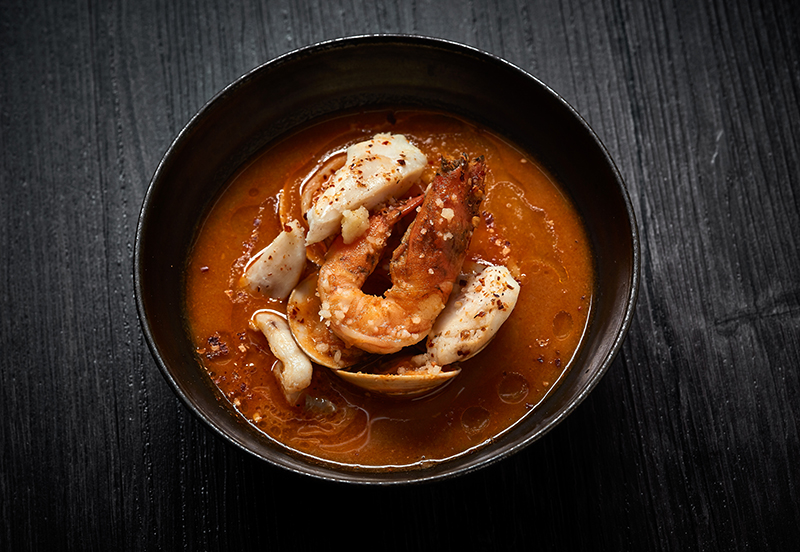
How do you choose what fish to serve in your restaurant?
We simply choose the best fish available. Finding enough high quality wild caught local fish is challenge enough.
How important is sustainability to your concept?
Of utmost importance. We would have to close the restaurant if there were not enough fish left. On the positive side, the fishing industry in Hong Kong has downsized rapidly in the past two decades as the older generation of fishermen have gradually retired. The two-month net fishing moratorium in the summer, as well as the local trawling ban has also helped. What we need to work on is habitat recovery, as large-scale dredging and reclamation projects have destroyed many sensitive ecosystems.
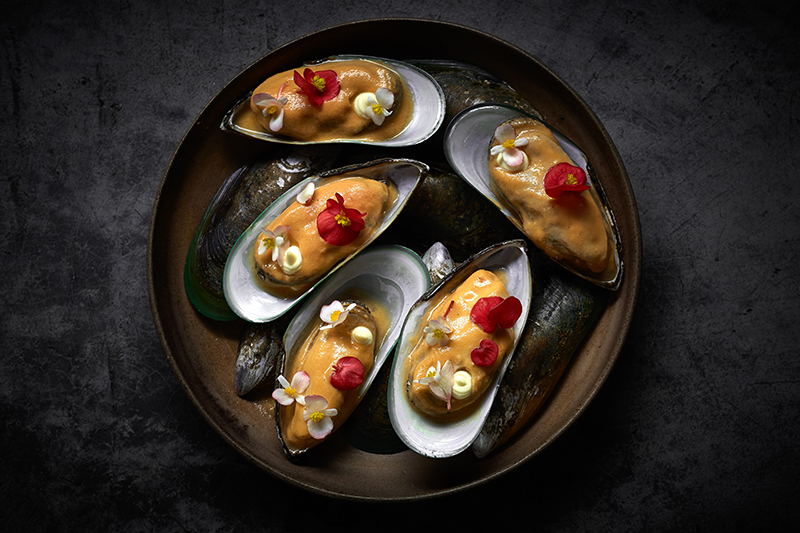
Tell us about your supply chain and the relationship you have with the local fishermen.
We try to work with vendors who have direct access to fishing boats as it cuts out the middlemen. Oftentimes it is a family business where different generations of family members work together to sustain their collective livelihood.
Do you think Hong Kong’s local fishing culture will die out? What do you think the future holds?
That’s an interesting question and I think it is up to the younger generation. Most of the existing fishermen are older and they will all retire one day. Fishing is not glamorous and it is hard work.
Is overfishing a big problem in the South China Sea, and what can we do about it?
What we can do, especially in first world countries, is to eat less. Eat better but eat less. The truth is that when one eats better one CAN eat less. Until food production became industrialised about a hundred years ago people used to eat meat only a few times a week or during special occasions. Now we have it practically every meal of the week. It is neither necessary nor even nutritionally beneficial. Regarding seafood, we’ve got to have the will. For example, nearly everyone on the planet knows that bluefin tuna is going extinct at a dizzying rate yet it is served at nearly every sushi bar in the world. It is as if we’ve made the collective decision to consume this species down to the very last fish. It is completely irrational. The burden to conserve rests overwhelmingly on first world consumers.
